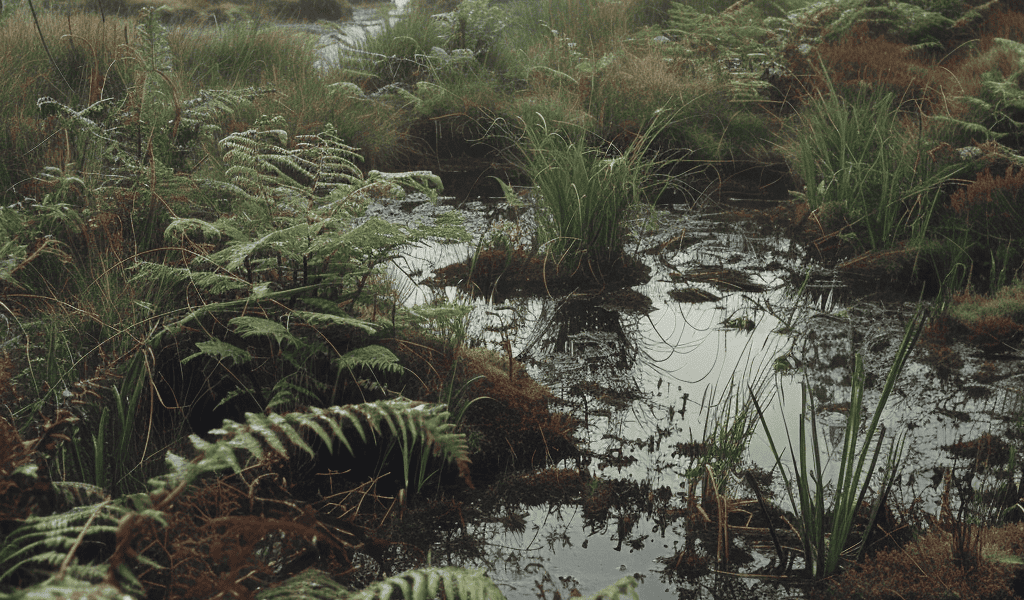Peatland Soils Rapidly Altered by Climate Change and Elevated Carbon Dioxide Levels, Study Finds
In a recent study, it has been found that peatland soils, which are critical for storing carbon, are rapidly being altered by a warmer climate and elevated carbon dioxide levels. The research, conducted at the Spruce and Peatland Responses Under Changing Environments (SPRUCE) experiment in northern Minnesota, aimed to simulate the effects of climate change on the carbon cycle in peatlands.
The study revealed that the warmer conditions and increased carbon dioxide led to a rapid breakdown of organic soil components, challenging the traditional belief that complex components of plant-derived soil organic matter would degrade more slowly than simpler components in response to climate change. This finding suggests that all organic soil components can break down more quickly in warmer conditions, highlighting the vulnerability of peatlands to climate change.
Peatlands are crucial for storing carbon, with approximately one-third of Earth’s terrestrial soil organic carbon being stored in these ecosystems. However, the study’s results indicate that the vast carbon stores in peatlands are at risk of microbial decomposition, which can fuel greenhouse gas production in response to warming. Furthermore, elevated carbon dioxide levels combined with warming could result in larger amounts of degradable substances produced by plants, supporting microbes that produce greenhouse gases, thereby exacerbating climate change.
The findings from the SPRUCE experiment demonstrate that rising temperatures and atmospheric carbon dioxide concentrations have rapidly altered the equilibrium of peatlands, highlighting the vulnerability of these carbon-rich ecosystems to global climate change. This has significant implications for the long-term stability of carbon stored in peatlands, as well as for the overall impact on climate change.





